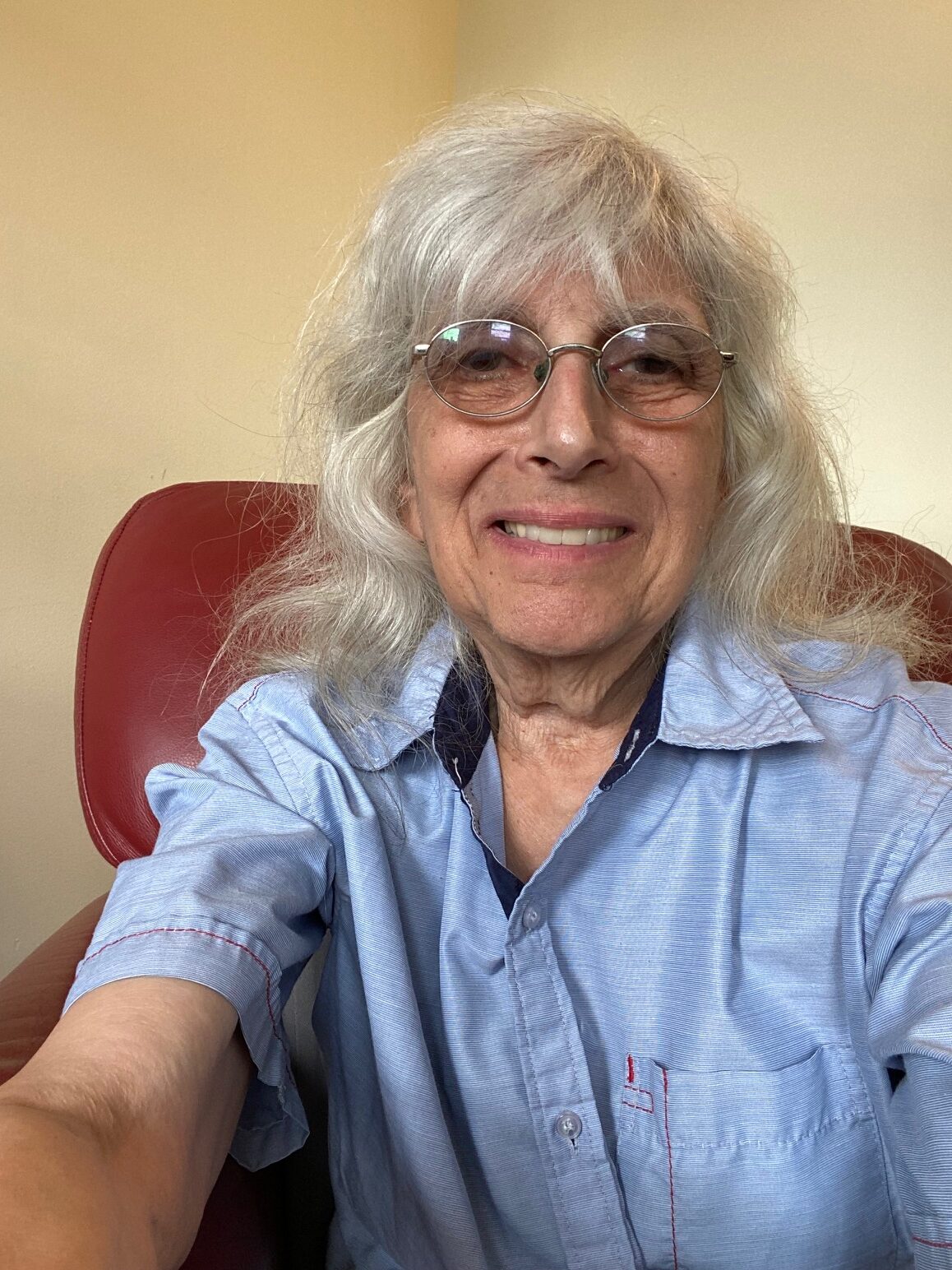Authors

Sue Harris
Sue Harris obtained her Ph.D. in Psychology from Columbia University Teachers College. She has been in private practice in New York City since 1968. She has developed and implemented clinical programs at various institutions, including as ward director at Bronx State Hospital, Clinical Director of Astor Group Homes and as Director of the Psychology Department of Covenant House. At the Richmond Fellowship in England, she served as consultant and clinical supervisor for a halfway house for long-term chronic patients. There she helped develop the therapeutic use of cooperative group living in building self-confidence through community membership.
Harris has published in various journals, including “Schizophrenics’ Mutual Glance Patterns: A study of the Frequency of Mutual Glances Between Schizophrenic Patients, Their Parents, Hospital Attendants and Peers” in Psychiatry. She also authored a chapter in The Therapeutic Community Outside the Hospital, edited by Elly Jansen of the Richmond Fellowship: “A Theoretical Approach to the Halfway House.” She presented on the use of group experience in a halfway house at the Midwestern Scholars Conference and lectured on the individual personality and the collective in Kursk and Minsk. Her work on the therapeutic collective experience at the Komsorg Camp was sponsored by the Psychology Department of the Kursk Pedagogical Institute.

Janet Mayes
Janet Mayes obtained her Ph.D. in Psychology from Ferkauf Graduate School of Psychology, Yeshiva University. In addition to her private practice in New York City, Mayes served as director of mental health services for several foster care agencies; as department chairperson and consultant to colleges and universities, focusing on interpersonal approaches to overcoming adult learning obstacles; and as president/director of a nonprofit clinic for children and adults. She was an adjunct lecturer of Psychology at various colleges and universities, including Montclair State University and Kean University, and was a faculty member of the SEEK (Search for Education, Elevation and Knowledge) Department at the City College of New York, The City University of New York, a summary of which is in the chapter on learning in this volume. She also presented her work on social facilitation of learning, “The Study Group Program: Helping Students Kick the Failure Habit,” at, among others, The Pennsylvania Association of Two-Year Colleges Annual Meeting.
Mayes’ other professional presentations include “Overcoming Resistance to Change: Working with Disturbed Adolescents and Their Parents”; “Hope and Despair: Working with the Sense of Self”; and a paper on educating emotionally disturbed adolescents at the Association of New York State Educators of the Emotionally Disabled Annual Conference.
While faculty member of the Counseling Department at York College, The City University of New York, she served on the Editorial Board of The New York State Personnel and Guidance Journal.
Marilyn Miller
(1939-2020) Marilyn Miller, RN, obtained her MA degree in Psychiatric Mental Health Nursing from New York University and was a New York State certified clinical nurse specialist in adult psychiatric and mental health nursing. In addition to her private practice in New York City, she served as clinical instructor in Psychiatry at Columbia University‘s School of Nursing Baccalaureate Program; assistant professor at the State University of New York and the Health Science Center at Brooklyn College of Nursing; assistant professor, at Albert Einstein College of Medicine; and director of psychiatric nursing at Martland Medical Center.
Miller’s journal articles and conference presentations in the United States and Latin America have focused on the development of the need for tenderness, all from an interpersonal theoretical perspective. She co-authored a chapter, “Development of the Need for Tenderness as A Theoretical Model for Caring: Application to Nursing Education,” in Ethical and Moral Dimensions of Care, edited by Madeleine M. Leininger.

David Singer
David Singer obtained his Ph.D. in Psychology from New York University and his MA degree in Economics from New School University. In addition to his private practice in New York City, he serves as clinical psychologist at Abbott House and as adjunct assistant professor, Department of Sociology, at John Jay College for Criminal Justice. He was also Instructor at Downstate University of the State University of New York and New York University.
Singer has treated and supervised the treatment of children, adolescents and adults at various foster care agencies, group homes and hospitals. He also served as senior psychologist for Family Court for the State of New York.
Singer’s articles have been published in, among others, Monthly Review, “The Health Care Crisis in the United States”; Journal of Personality and Social Psychology, “An Experimental Analysis of the Contrast Effect and its Implications for Intergroup Communication and the Indirect Assessment of Attitude” (co-author); and New Politics, “The Political Economy of Psychotherapy,” which has been updated and reprinted in this volume. His professional presentations include: “Perceived Dissimilarity: An Internal Basis for the Actor Observer Divergence” (co-presenter) at the American Psychological Association Convention.